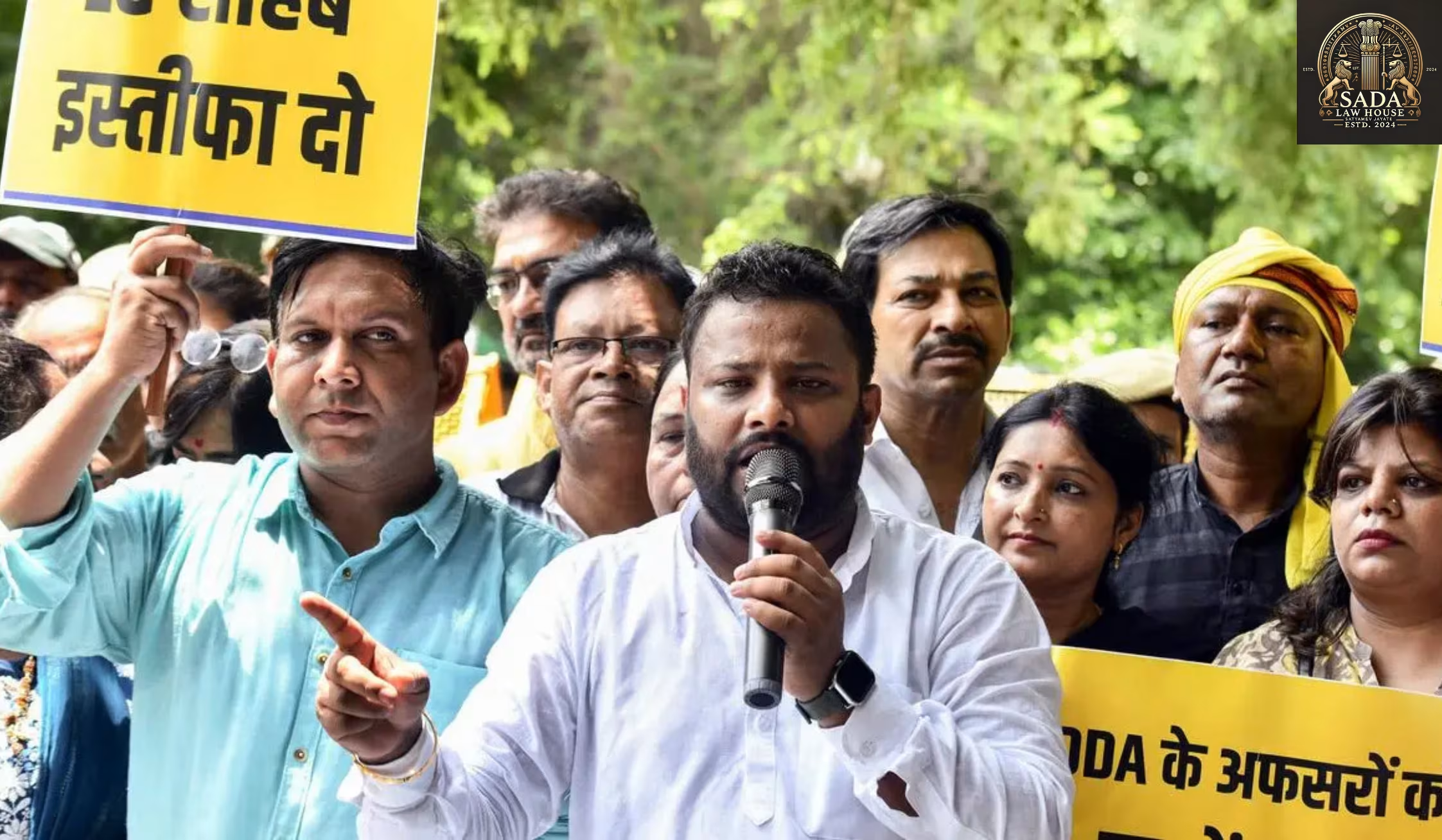Supreme Court Declares Kuldeep Kumar Rightful Chandigarh Mayor After Electoral Malpractice
- NITU KUMARI
- 21 May 2025

The Supreme Court ruled in favor of Kuldeep Kumar, overturning the Chandigarh mayoral election results due to ballot tampering. Learn how electoral malpractice was exposed and justice was served.
Introduction: A Controversial Mayoral Election in Chandigarh
On January 30, 2024, the Chandigarh Municipal Corporation held its highly anticipated mayoral election. The contest quickly became controversial following allegations of electoral malpractice. Kuldeep Kumar, backed by an alliance between the Indian National Congress and the Aam Aadmi Party, contested the results after eight of his votes were declared invalid by the Presiding Officer, Anil Masih.
The issue escalated to the Supreme Court of India, which ultimately ruled in Kumar’s favor, citing serious procedural violations and abuse of authority.
Facts of the Case: What Happened During the Chandigarh Mayoral Election?
The mayoral election included 36 eligible voters: elected councilors and the Member of Parliament from Chandigarh.
Kuldeep Kumar received 12 votes, while Manoj Kumar (a Bharatiya Janata Party candidate) received 16 votes.
The Presiding Officer invalidated 8 ballots—all in favor of Kuldeep Kumar—due to alleged ink marks.
Video evidence revealed that these ink marks were made during the counting process, leading to claims of tampering and vote defacement.
Legal Battle: From High Court to the Supreme Court
After the Punjab and Haryana High Court refused interim relief, Kuldeep Kumar filed a Special Leave Petition (Civil) No. 2998 of 2024 in the Supreme Court under Article 136 of the Constitution of India.
Key Legal Questions Raised
Did the Presiding Officer’s actions constitute electoral fraud?
Were the 8 invalidated ballots actually valid votes for Kuldeep Kumar?
Could the Court invoke Article 142 to correct the injustice?
Key Legal Provisions Cited
Regulation 6 of Chandigarh Municipal Corporation Regulations, 1996 – Governs election procedures and ballot validity.
Section 340 of the Code of Criminal Procedure (CrPC) – Permits prosecution for false evidence.
Article 142 of the Constitution – Empowers the Supreme Court to deliver complete justice.
Arguments Presented by Both Sides
Appellant: Kuldeep Kumar
Accused the Presiding Officer of intentionally defacing ballots to manipulate the outcome.
Cited that ink marks do not render ballots invalid under the municipal regulations.
Requested the Court recognize him as the rightfully elected mayor.
Respondents: U.T. Chandigarh & Others
The Presiding Officer claimed ink markings were used to identify already-defaced ballots.
Manoj Kumar, the eighth respondent, argued a new election would be necessary since he had already resigned.
Supreme Court Judgment: Justice Restored
Date of Judgment: February 20, 2024
Citation: 2024 INSC 129
Presiding Judges:
Dr. D.Y. Chandrachud, Chief Justice of India
Court’s Ruling
Found electoral malpractice had occurred.
Declared Kuldeep Kumar the legitimate mayor.
Invalidated the previously announced result in favor of Manoj Kumar.
Ratio Decidendi
The eight defaced ballots were legally valid and intended for the appellant.
The Presiding Officer had exceeded his legal authority.
Obiter Dicta
Emphasized that free and fair elections are part of the basic structure of the Indian Constitution.
Strongly criticized abuse of power by election officials.
Court-Ordered Actions & Future Safeguards
Directed action under Section 340 CrPC against the Presiding Officer.
Issued guidelines to preserve election records and ensure transparency in future elections.
Conclusion: A Victory for Electoral Integrity
The Supreme Court’s verdict in Kuldeep Kumar vs. U.T. Chandigarh reinforces its role as a guardian of democracy. By invoking Article 142, the Court upheld the sanctity of elections, restored the rightful candidate, and underscored the importance of accountability in governance. This case serves as a precedent in safeguarding the democratic fabric of India.
Case Laws






